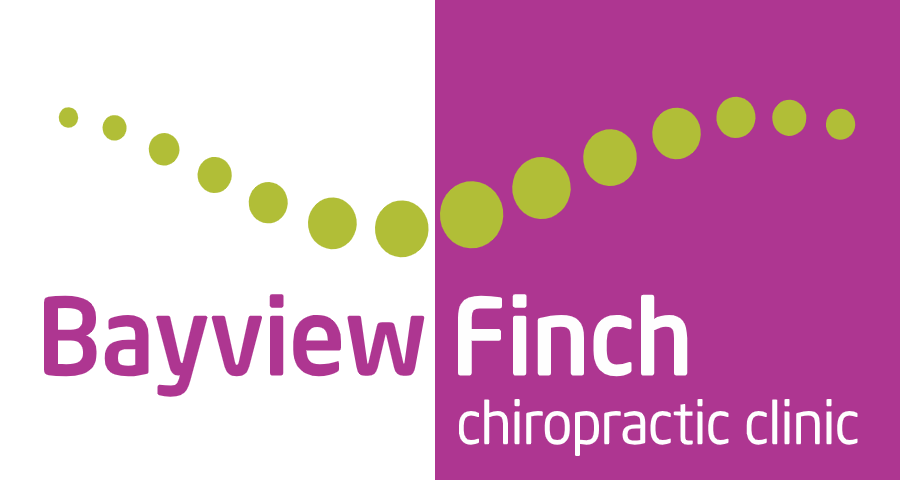After sheltering in place earlier this year, many people are still practicing lifestyle changes to reduce their potential exposure to COVID-19: Avoiding crowded public spaces, working from home, forgoing air travel for car trips, ordering food and supplies online, and avoiding gyms and health clubs. Because of this new normal, many are moving less and some are experiencing increased musculoskeletal (MSK) pain.
Doctors of chiropractic (DC) report seeing increased MSK conditions such as back pain, neck pain, and headaches since the beginning of the pandemic. When asked what they believe is contributing most to these conditions, they cited lack of movement, psychological stress and poor posture as key factors.
This October during National Chiropractic Health Month (NCHM), chiropractors nationwide encourage people to prevent or alleviate musculoskeletal issues by being “active and adaptive” in their altered lifestyles and routines. That means paying extra attention to getting enough movement during the day, being aware of posture and ways to improve it, getting adequate rest, and managing stress in healthy ways.
Adapting your home office
Proper ergonomics are essential to a healthy home-work environment. Making adjustments to your workstation and incorporating more movement into your day can help prevent aches and pain caused by poor posture and inactivity.
Adapting your exercise regimen
Outdoor activities such as walking, biking, tennis, golf, and other non-contact activities are great options for those avoiding the gym and health clubs. Below are tips for preparing joints for action and preventing injuries while enjoying these healthy activities.
Adapting to travel limitations
Many people are still avoiding air travel, so longer car trips may be in the cards for some time. Take a moment to consider ways to avoid pain and injury on the journey.
Adapting with a positive attitude
A good attitude is essential for tackling the ongoing challenges of the coronavirus pandemic and the changes it has created in our day-to-day lives. Taking care of your health by addressing pain and then finding time for physical activity, rest, time in nature, and safe socializing can help lessen stress and anxiety.
Adapting the way you manage pain
If you do develop musculoskeletal pain, consider visiting a doctor of chiropractic (DC). DCs practice a patient-centered, non-drug approach to pain management and health promotion that includes patient examination, diagnosis and treatment. Best known for their expertise in spinal manipulation, chiropractors are also trained to recommend therapeutic and rehabilitative exercises and to provide nutritional, dietary and lifestyle advice.
How to Participate this Month (and All Year Round)
Support Medicare Equality
The American Chiropractic Association (ACA) advocates federal legislation that would allow patients to receive Medicare reimbursements.
Educate yourself
No matter what kind of treatment you get, it is always important to make an informed decision. Read up on the benefits and drawbacks of painkillers as well as joint manipulation.
Schedule an appointment with a chiropractor
Chiropractic care can help prevent injuries and chronic musculoskeletal conditions. Use National Chiropractic Month as your opportunity to make an appointment!
Republished from Original Sources: The American Chiropractic Association (ACA) and National Today, with edits made to reflect geographical accuracy
Want to learn more about Chiropractic
and how it can benefit you?
Our BFCC team is here to help you learn about about chiropractic, our services, ways to stay more active during these challenging times, and to assist with managing your musculoskeletal health.

